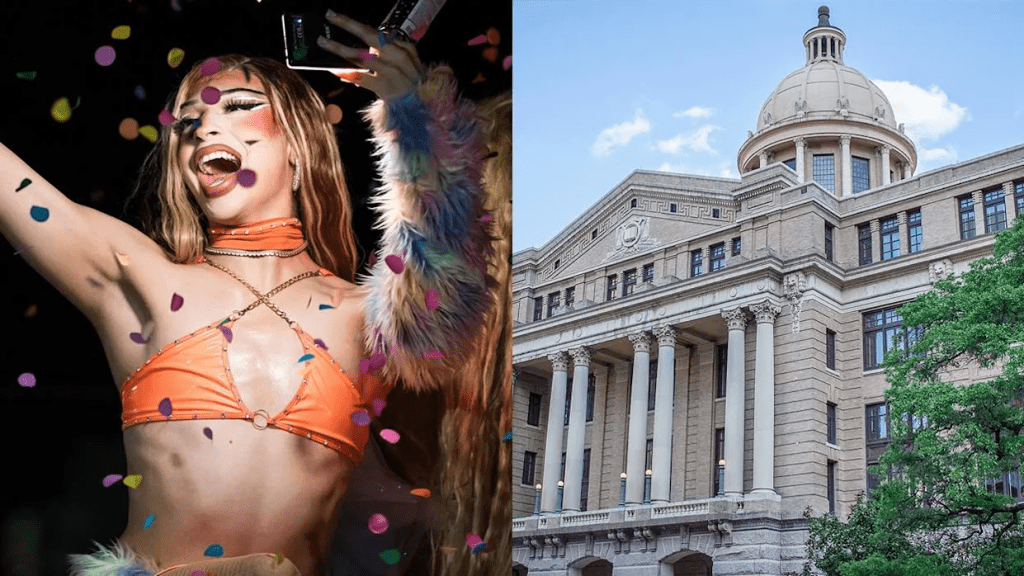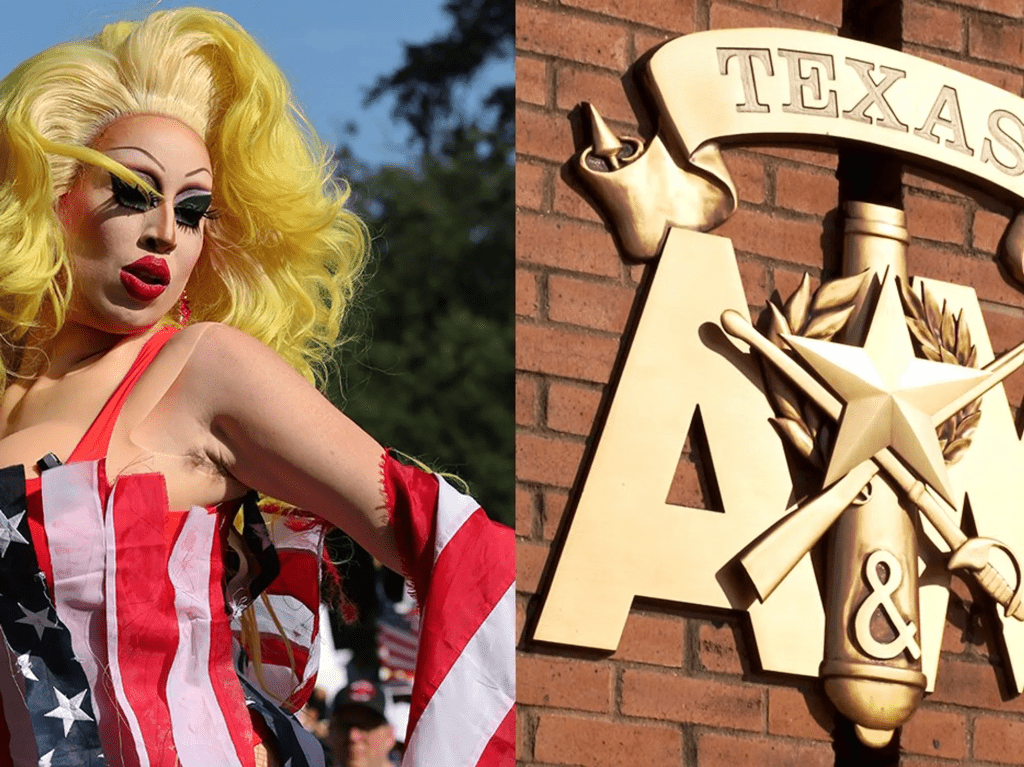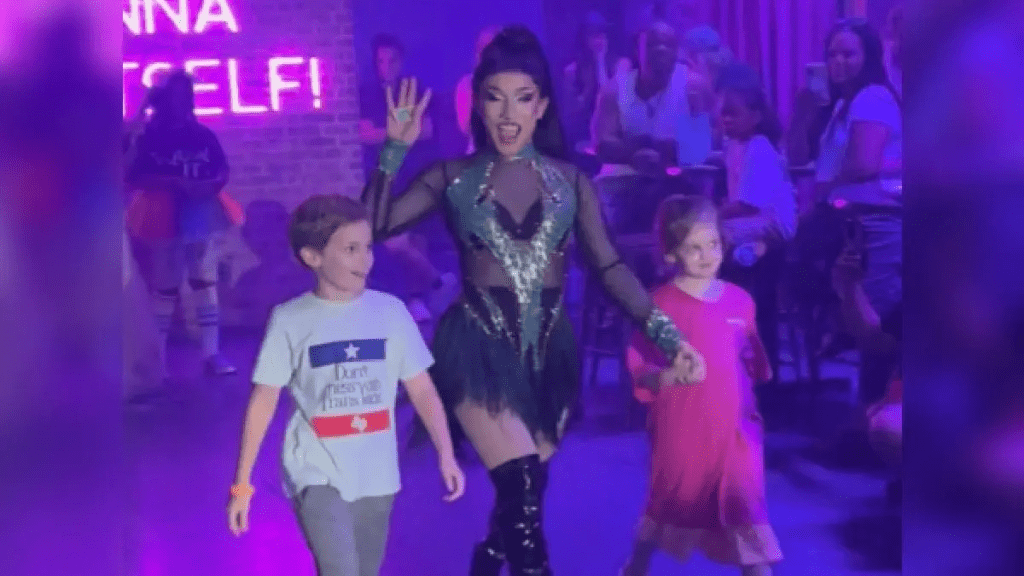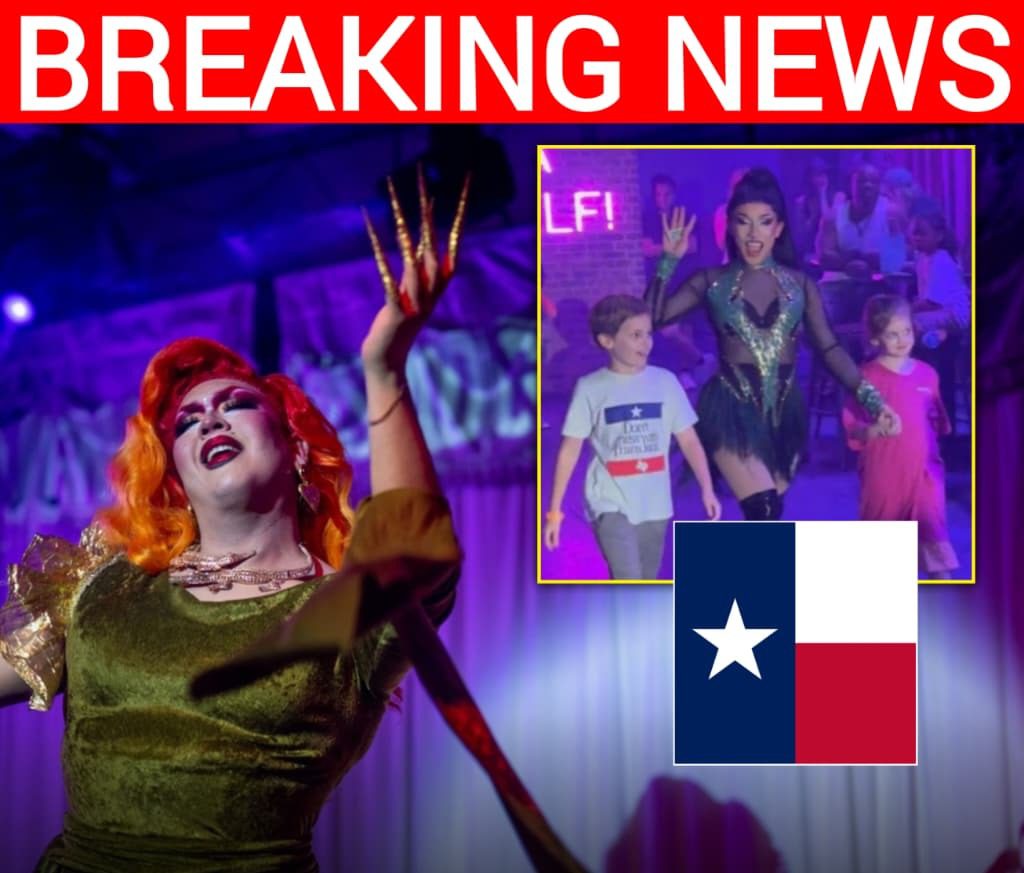5th Circuit Upholds Texas Law Blocking Minors From “Sexually Oriented Performances” — A Major Victory in Culture War
A landmark decision by the U.S. Court of Appeals for the Fifth Circuit has given the state of Texas the legal green light to enforce one of the most contentious culture-war laws in the country. On Thursday, the appeals court vacated a lower court’s injunction and allowed Senate Bill 12 (SB 12) to take effect, which prohibits minors from attending “sexually oriented performances,” including certain drag shows. The ruling marks a watershed moment in the broader national debate over where lines are drawn on expression, age-appropriate content, and free speech — and it’s being celebrated by conservatives and challenged by civil-liberties advocates.
SB 12, signed into law in 2023 by Greg Abbott in the Republican-led Texas legislature, criminalizes hosting a performance that is “patently offensive” or appeals to the “prurient interest in sex” in front of minors. It carries civil penalties of up to $10,000 for venues found hosting proscribed events and misdemeanor charges for performers when minors are present. The bill never mentions drag shows explicitly, but lawmakers drafted the measure amid a public campaign targeting drag performances in front of children. Advocates for the law argue it protects children from inappropriate exposure. Opponents say it is a thinly veiled ban on drag, a form of expression long protected under the First Amendment.

The Fifth Circuit’s 2-1 panel decision was written by Judge Kurt Engelhardt, who concluded plaintiffs failed to establish that the law likely violated their First Amendment rights. The majority held that the lower court erred in blocking the law without sufficient evidence that the regulated performances were “in some sense erotic” or unprotected by the Constitution. Judge James Dennis issued a partial dissent, warning the panel had ignored legislative records and public comments framing the law as a drag ban. With the stay removed, Texas may immediately begin enforcement of SB 12 while the case returns to the trial court for further review.
For supporters of the law, the ruling is a triumph of parental-rights arguments and state authority to regulate what minors may see. Conservative voices in Texas are hailing the decision as proof that the state can assert its role in protecting children from what lawmakers deem “sexually oriented” content. Among those cheering the ruling was a social-media post that declared: “Texas has received the green light to enforce the law. WE WIN. The children win.”
Yet the legal battle is far from over. The case now heads back to the district court with the new lens laid by the Fifth Circuit — and plaintiffs have signaled intentions to pursue the fight all the way to the U.S. Supreme Court if necessary. Civil-liberties groups such as the American Civil Liberties Union (ACLU) of Texas have argued that SB 12 is overly broad, chills protected speech, and targets performers simply for drag theatricality. The plaintiffs contend drag performances, even those in front of minors, fall under the expressive conduct that the First Amendment protects. Amicus briefs from children’s-rights organizations amplify that concern, suggesting the law may restrict access to affirming and educational speech for LGBTQ+ youth.

In the courtroom narrative, the lower-court ruling — in September 2023 the U.S. District Court for the Southern District of Texas blocked SB 12 — was based in part on the law’s vagueness and the risk it would stifle protected expression. The Fifth Circuit, however, rejected that reasoning, finding the injunction premature given the state’s asserted interest in preventing minors from exposure to sexual conduct. The higher court remanded the case for further proceedings under the standard set by Moody v. NetChoice, which requires a facial challenge to show the law’s unconstitutional applications substantially outweigh its constitutional ones.
From a broader perspective, the decision comes at a volatile moment in American politics, when debates over gender, expression, and children’s access to public venues are escalating nationwide. Other states are watching closely. For some, the ruling will embolden similar laws restricting children’s exposure to drag or other performances alleged to be “adult entertainment.” For others, the case will become a landmark test of free speech limits, age-based classifications and governmental regulation of gene ral entertainment.
What happens next in Texas could shape national precedent. If the plaintiffs wend their way to the Supreme Court, the Justices may face questions about whether age-based performance restrictions require strict scrutiny, how expressions of gender and art fit into protected categories, and whether a state may regulate a performance targeting minors without chilling wider speech. Earlier rulings in related cases point to complicated terrain: while some courts have protected drag shows as expressive conduct, others have upheld age-based restrictions on adult-oriented performances.

In communities across Texas, the enforcement of SB 12 will have real-world consequences in the months ahead. Venues that host drag shows may face civil liability if minors are admitted, businesses will need to update policies, and parents will likely see the law as a sign the state is prioritizing child-protection over “adult culture.” At the same time, opponents foresee the law driving drag events underground or shifting venues into off-limits categories, raising concerns about safety, transparency, and free-speech chilling effects.
Critics say the decision sends a message beyond the courtroom. They argue it legitimizes the notion that drag performances are inherently sexual or inappropriate, thereby stigmatizing LGBTQ+ expression and potentially harming youth access to community spaces. Several organizations are already planning expanded advocacy efforts in classrooms, performing arts venues and public libraries — pointing to the law as part of a wider trend of restricting queer representation under the guise of “children’s protection.”
Supporters counter that the law doesn’t target expression but minors’ access — asserting the state has long regulated adults-only performances, obscene content and age-restricted venues, and SB 12 is simply a consistent extension of that authority. They maintain that parents, not businesses or performers, should decide what minors are allowed to view, and that the state has a strong interest in safeguarding childhood experience.
For Texas lawmakers who championed SB 12, the ruling is affirmation of a legislative agenda that claims to put children first. Every vocal backer from the Texas Capitol framed the law as a response to drag shows marketed to minors, and voiced frustration with what they view as a cultural drift away from traditional values. With the injunction lifted, they expect enforcement to follow swiftly and serve as a deterrent to other states and municipalities pushing similar policies.
As the legal battle continues, the public will watch closely to see how the law is implemented — which venues are targeted, how minors are defined in enforcement actions, and how the courts interpret “sexually oriented performance” in practice. Because while the appellate decision clears the way for SB 12, it does not mean the controversy is over. Legal challengers remain poised, appealing back through the court system, and possibly to the U.S. Supreme Court.
In a moment when America seems divided over cultural identity and student expression, the Texas story stands as a flashpoint — a microcosm of larger fights about who gets to determine what children see, what performance is protected, and how states balance parental rights with free expression. The Fifth Circuit’s decision sends a clear signal: in Texas, at least for now, the state says children must be shielded from certain kinds of drag performances — and the courts have tentatively agreed.


